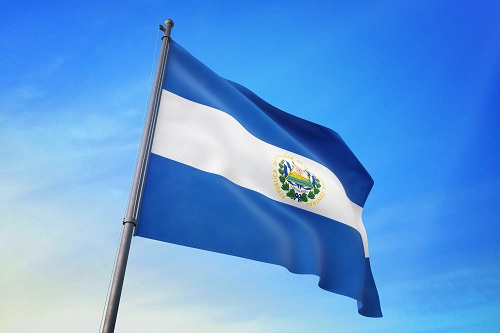- The IMF said “potential risks” of El Salvador’s Bitcoin project will be “diminished significantly”
- A Bitcoin podcaster questioned the true cost of the IMF’s monetary assistance to El Salvador
- El Salvador will receive additional funding from other major banks in a financial package totaling over $3.5 billion
El Salvador will receive a $1.4 billion loan from the International Monetary Fund (IMF) over the next 40 months as it “confines” its Bitcoin-related activities.
The IMF is to loan the amount to the Central American country under the Extended Fund Facility (EFF) so it can support the government’s economic reforms.
“The potential risks of the Bitcoin project will be diminished significantly in line with Fund policies,” the IMF said in a statement.
The IMF said that acceptance of Bitcoin by the private sector will be made voluntary while engagement in “Bitcoin-related economic activities and transactions in and purchases of Bitcoin will be confined.”
Taxes will only be paid in US dollars, the IMF noted, adding that El Salvador’s government participation in its Chivo crypto wallet “will be gradually unwound.”
“Transparency, regulation, and supervision of digital assets will be enhanced to safeguard financial stability, consumer and investor protection, and financial integrity,” the IMF said.
Juan, a Bitcoin podcaster, said on X that it’s like “watching a chess game where every move is calculated for economic recovery,” adding “yet it also raises questions about the true cost of such ‘assistance.’”
The IMF’s agreement with El Salvador is like watching a chess game where every move is calculated for economic recovery. Yet, it also raises questions about the true cost of such ‘assistance.’ Is this a partnership for growth, or is it another chapter in the saga of economic…
— Juan SC 🇸🇻🎙️⚡️ (@TheJuanSC) December 18, 2024
Changing plans
Earlier this month, it was reported that El Salvador was reducing its Bitcoin ambitious to secure the IMF loan.
As well as making the acceptance of Bitcoin voluntary, the government would also reduce its budget deficit by 3.5% of GDP over three years through spending cuts and tax rises while boosting reserves from $11 billion to $15 billion.
El Salvador is expected to receive additional funding support from the World Bank, the Inter-American…
